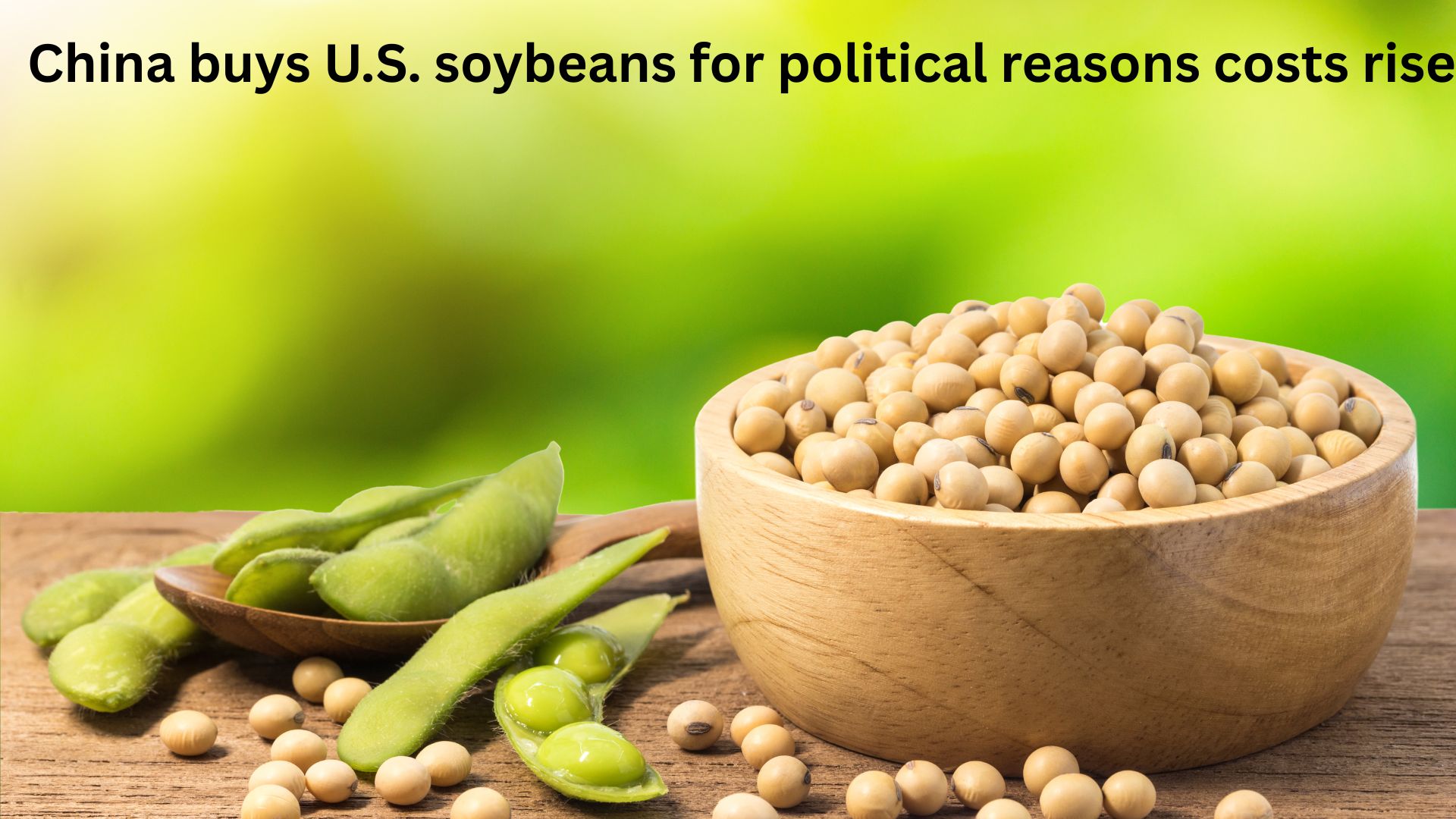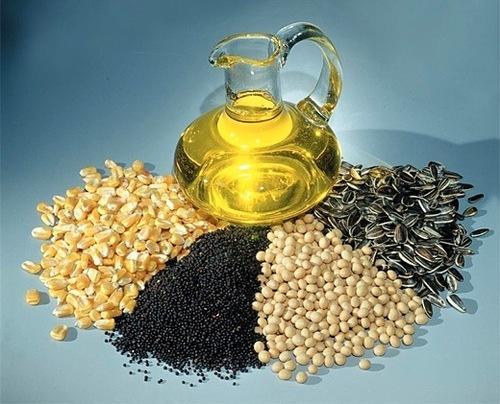An all-time high of 13.14 million tonne (MT) of mustard seed is expected to be produced in the 2023–24 season thanks to record sowing this season, which will increase domestic edible oil supply. A reassessment of the import tariff relief for food oils such as palm, soybean, and sunflower may be required by this.
The three edible oils’ exemption from import duties was renewed last month until March 2025.If the current four to six weeks of weather hold out, Rai predicted that mustard production this year will set a record. This season, a record 9.88 million hectares (mh) of mustard have been sowed, 2.2% more than the previous year, according to the agriculture ministry.
Farmers worry, meanwhile, that because of the abundance of produce and increased imports, prices will probably drop below the Rs. 5650/quintal minimum support price (MSP) set for the 2023–24 growing season. It is anticipated that the next crop harvesting season will begin by the end of February.
For the July–June 2022–2023 crop year, the agricultural ministry projects mustard seed production to be 12.64 MT. There is a record amount of land under mustard in the current rabi season—9.8 million hectares (MH)—which is 64% greater than the average sown area during the previous five years, which was 6.4 MH.
The area seeded to mustard in 2021–2022 stood at 9.1 MH. Over the previous five years, the area planted to mustard has averaged 7.3 mh. About 58% of India’s 24 to 25 MT of yearly edible oil usage is imported. Among the edible oils produced in the country are groundnuts (7%) and soy (24%) as well as mustard (40%) and others.
With reduced import taxes of just 5.5% on crude oil imports, India’s imports of edible oils—palm, soybean, and sunflower—rose 17% year over year to a record 16.47 MT in the 2022–2023 oil year (November–October).
The reduced import duty structure for oils derived from palm, soybean, and sunflower has been extended by the government until March 31, 2025. Since February 2023, the retail inflation for the oil and fat category has been negative due to the significant import of edible oil, while global prices have decreased. Cooking oil inflation decreased by 15.03% in November on year.

